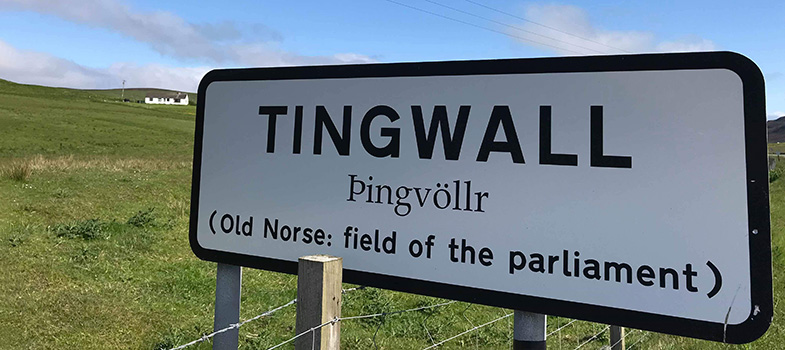The course
This course is not a conventional language course – it teaches the Scots language through the culture where it is spoken, underlining the role of Scots in Scottish society past and present. The course has been written by 16 different authors who are prominent individuals and experts in the field of Scots language and culture. These authors bring their expertise and individual viewpoints to this course and your learning, yet their units also connect with current debates, publications and the observations of others.
Aims and objectives
The course is written for a wide-ranging audience.
If you already speak Scots, you will be able to learn more about the role of the language in Scottish history and life in today’s Scotland, its importance for many Scottish people’s sense of identity, its prestige in some parts of society, and reasons for the lack of it in others. You will establish that Scots is a language in its own right with a wide range of dialects spoken in most parts of Scotland. You will discover where many Scots words come from and how their use has changed over time and, last but not least, that speakers of Scots as well as English, or more languages, should be considered bi- or multilingual.
If you speak little or no Scots, you will, in addition to the above, be able to develop your understanding of written and spoken Scots in different dialects, as well as the structure of the language. You will also be able to practise writing and speaking Scots and build your Scots vocabulary.
Alongside lots of Scots words and phrases, this course teaches the following key aspects of Scots as a living language:
its use and recognition in Scotland today
its history,
its links with other European languages
its vocabulary
its grammar
its use in different literary genres and other art forms.
Why Scots?
